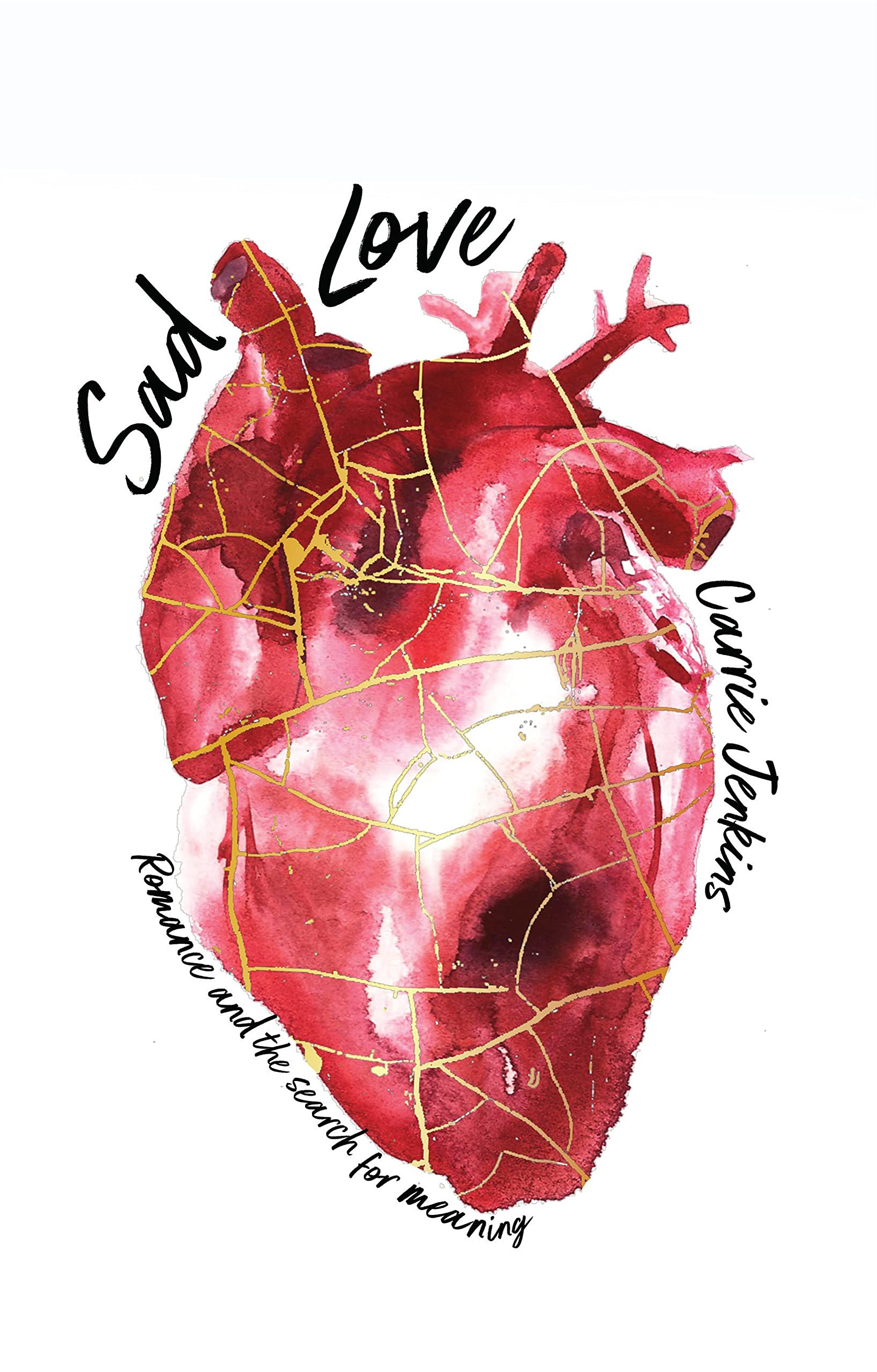Sad Love: Romance and the Search for Meaning
“Dr. Jenkins’s brilliant new book fresh off the press! Essential reading for thinking about happiness and its connection to intimate partner relationships.” — Fernanda Selayzin Souza, psychotherapist
“[Sad Love] is really a critique of our whole political and economic paradigm, and how that has shaped our inner lives to the point that it has touched and coloured our understanding of love.” — Sean Illing, host of Vox Conversations
“This book will transform the ways people think about their love relationships.” — Myisha Cherry, philosopher and author of The Case For Rage
“Do you ever get that feeling that a book just sees you? That was how I felt reading Sad Love. Jenkins deconstructs popular notions of happiness and romantic love with her characteristic combination of compassion, originality and rigour, challenging us to reconsider our foundational assumptions about what our relationships should even be for. I want everyone to read this book.” — Eve Rickert, co-author of More Than Two: A Practical Guide to Ethical Polyamory
“Sad Love zings with frustration at fairy tales, Valentine’s cards, romance novels and the ‘happy ever after’.” — The Sunday Telegraph Magazine
‘This book is very readable and is accessible to non-philosophers as well as philosophers. It makes reference to many interesting empirical findings, and makes lots of important and interesting points along the way.’ — Natasha McKeever, Philosophical Quarterly
“Jenkins […] brings a light-touch speculative air to her ruminations.” — London Magazine
"This provocative treatise by Jenkins ... stimulates, and she’s equally thought-provoking whether unpacking 19th-century philosophers or Disney songs." — Publishers Weekly
What if your happy ever after … isn’t?
This book is about sad love. Or, more accurately, it is about eudaimonic love, which has room for the full gamut of human experiences, both “positive” and “negative.”
Eudaimonia, in the old sense (older than Aristotle!), was about benevolent spirits. In a contemporary setting, I frame eudaimonia in terms of how we are influenced by the people, environments, communities, and networks around us. As I see it, a proper understanding of eudaimonia demands that we take into account the deep and dramatic implications of our interconnectedness: we find meaning in collaboration and creation, and meaning is what makes life worth living for us.
Eudaimonic love is collaborative, creative, and dynamic. It grows and changes. It orients us towards living a meaningful life, but away from the “pursuit of happiness,” including the romantic “happy ever after.” When we centre eudaimonia rather than romance, we can see why sad love is not necessarily a failure condition. Sadness – and other “negative” emotions – can be a legitimate part of a meaningful love story.
Sad Love furthers the work of What Love Is in critiquing and dethroning culturally dominant romantic ideologies of love, especially the idea that love is defined by certain kinds of feelings. I have stopped asking how to be happy ever after in love. That question doesn’t interest me anymore.



